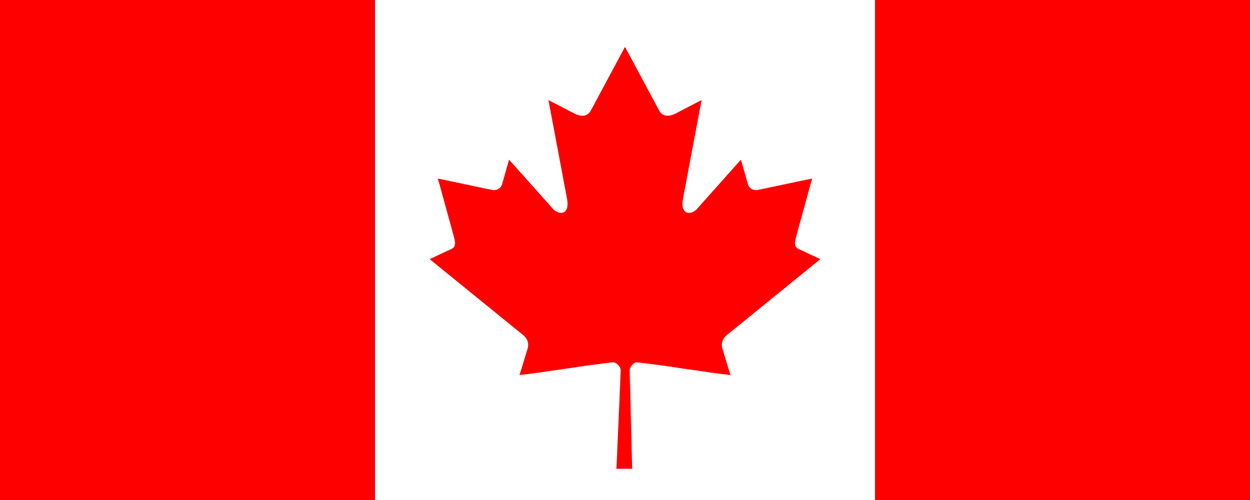This website uses cookies so that we can provide you with the best user experience possible. Cookie information is stored in your browser and performs functions such as recognising you when you return to our website and helping our team to understand which sections of the website you find most interesting and useful.
Business News Legal
Canadian officials not impressed with US report that always criticises their copyright regime
By Chris Cooke | Published on Monday 13 March 2017

The Canadian government thinks that an annual report by its neighbour to the south, which routinely criticises its copyright regime, lacks credibility and is flawed because of its reliance on submissions by biased lobbying groups.
As previously reported, the US Trade Representative publishes an annual ‘notorious markets’ report, which identifies websites that are particularly prolific copyright infringers, and also countries where rights owners reckon that local copyright laws do not go far enough in combating piracy.
Canada has often appeared on the latter list, partly because in the early days of file-sharing the country’s copyright laws were not always especially helpful as the music and movie industries sought to tackle online piracy. However, various reforms of copyright law have since occurred there. Nevertheless, the US report still raises concerns about its neighbour’s systems for protecting intellectual property.
A confidential memo published by University Of Ottawa professor Michael Geist last week shows that Canadian officials aren’t too bothered by the notorious market listing, instead criticising the American government’s methodology.
The internal government memo reads: “Canada does not recognise the validity of [this report] and considers the process and the report to be flawed. The report fails to employ a clear methodology and the findings tend to rely on industry allegations rather than empirical evidence and objective analysis”.
Geist himself has been critical of the notorious markets report in the past, and therefore unsurprisingly backs the Canadian government’s viewpoint. He told TorrentFreak: “I think the Canadian government is exactly right in its assessment of the [notorious markets] report process. It is little more than a lobbying document and the content largely reflects biased submissions from lobby groups”.
Of course, while there may remain some issues with Canadian copyright law for those seeking to enforce their IP rights online, it is American law-makers who bailed on the idea of web-blocking as an approved anti-piracy tactic, while for songwriters it is US compulsory licences and the consent decrees that regulate collecting societies BMI and ASCAP that are causing most concern.
So maybe Canadian officials could publish their own notorious markets report and put the USA at the top of the list of problematic copyright regimes. And then build a big wall on the border.





